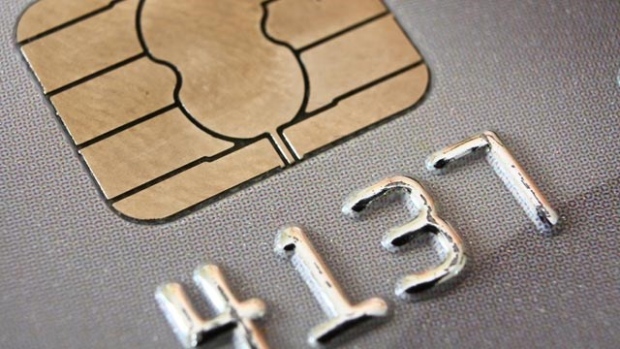Feb 27, 2017
Pattie's financial tip of the day: 7 ways to prevent credit card fraud

Canadians simply aren’t doing enough to protect themselves against fraud.
Just ahead of fraud prevention month, a recent study by Capital One Canada has found that Canadians (millennials especially) admit they aren’t doing enough to protect themselves from credit card fraud. This includes sharing their PIN with friends and family, writing their PIN on their credit card, using a birthday or address as their PIN and sharing their credit card number over the phone.
TOP STATS:
- 2 in 5 suspect they have been the target of phishing in the last year
- 5 per cent use the same numbers from personal information in their PIN
- 40 per cent have shared their PIN with a family member
- Millennials aged 18-35 are more than twice as likely (25 per cent) to share their PIN with a friend than overall Canadians
- Almost half (47 per cent) have shared their credit card number over the phone, through the mail or in an email.
7 WAYS TO PROTECT YOURSELF:
1) Spot imposters. Scammers will pretend to be someone you should trust. Never give out personal information.
2) Do online searches. Type in the company name along with “review,” “complaint” or “scam.”
3) Don’t believe your caller ID. Don’t pay up for a promise and consider how you pay - it is almost impossible to get your money back from wire services.
4) Talk to someone you trust if you suspect anything. Con artists will want to rush you and may even threaten you. Hit the pause button.
5) Hang up on robocalls.
6) Be skeptical of free trail offers.
7) Change your passwords monthly. Absolutely never share them, and make them difficult to figure out.
CTV's Chief Financial Commentator Pattie Lovett-Reid offers a financial tip of the day during the month of February for Your Money Month.








